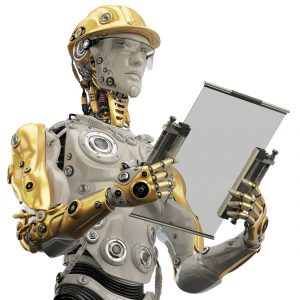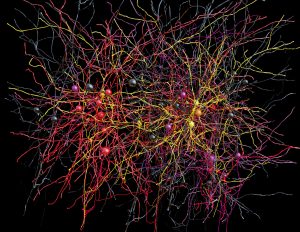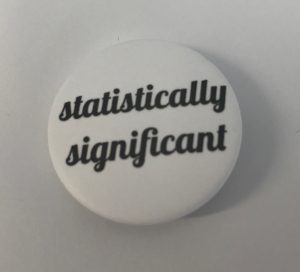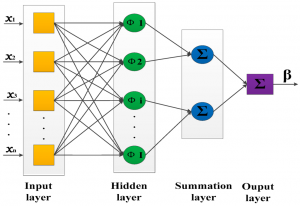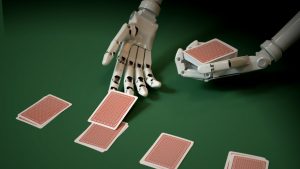
Throughout my academic career one thing that was repeatedly enforced was that if you were claiming something to be true in a paper, you needed to show results to prove it or cite a credible source that had those results. It took a lot of effort in those pre-Google Scholar and pre-Arxiv days1. Reading the journals, being aware of retractions and clarifications and building the evidence to support your own work took time2. Writing up my thesis was painful solely because of finding the right references for things that were “known”. I had several excellent reviewers who sent me back copies of my thesis with “citation needed” where I’d stated things as facts without a reference. My tutor at Oxford was very clear on this: without a citation, it’s your opinion not a fact. Continue reading Citation Needed – without it you have opinion not facts
